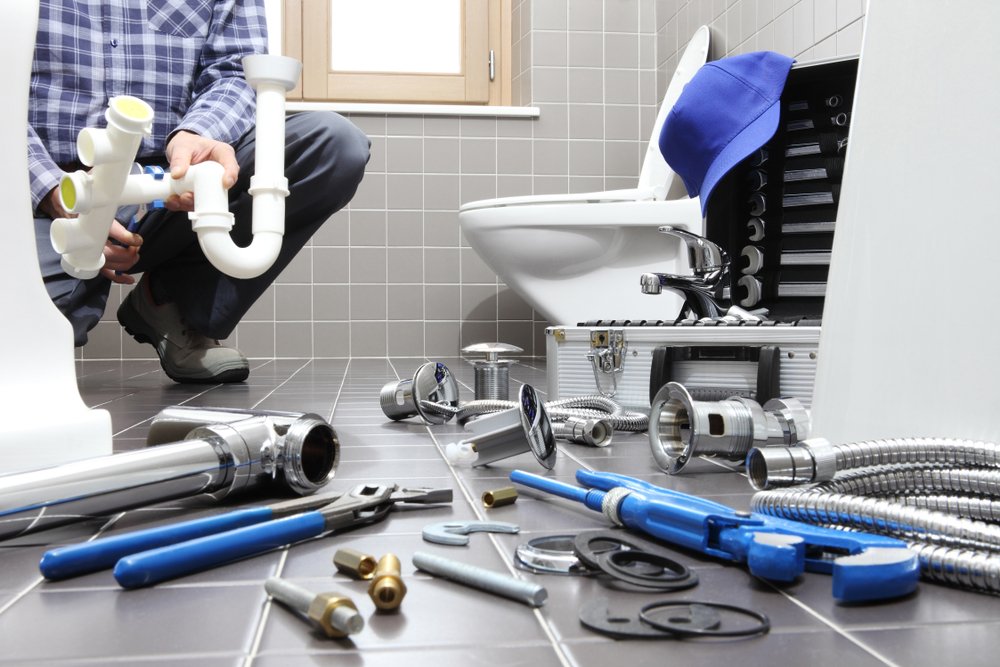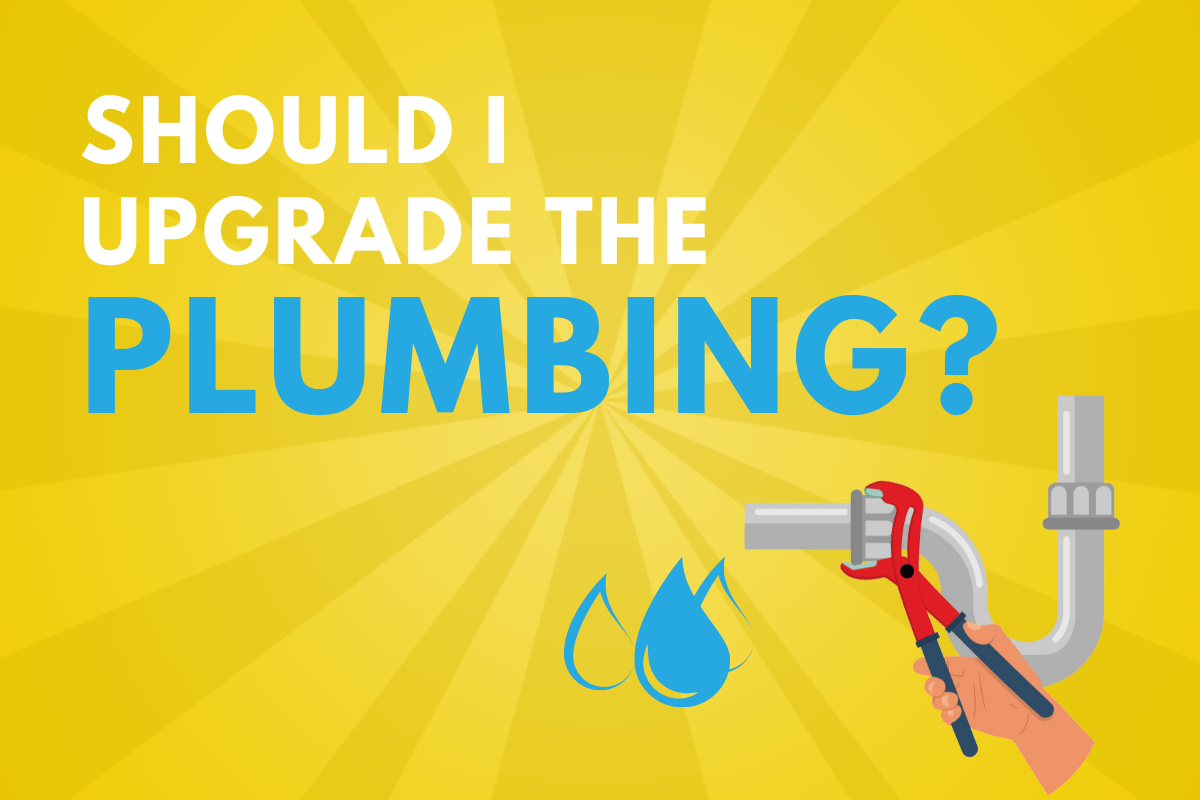Should You Upgrade Your Plumbing Pipes During a Remodel?
When planning a remodel for your kitchen, bathroom, or any other part of your home, one critical decision revolves around whether to replace your plumbing pipes or keep the existing ones.
Here’s a guide to help you determine whether replacing your plumbing pipes during your renovation is the right choice for you.
Why Replacing Old Plumbing Pipes is a Smart Decision
Is it necessary to replace your pipes when renovating? Many homeowners choose to do so, and here are a few compelling reasons why:
- Prevent Future Issues: By installing new plumbing, you minimize the risk of dealing with leaks or burst pipes later on. This proactive approach can save you time and money in the long run.
- Upgrade to Modern Materials: Replacing old pipes offers the chance to utilize modern piping systems that enhance efficiency. Today’s materials often resist mold, mildew, and other issues better than traditional PVC options.
- Cost-Effectiveness: Opting to replace all your plumbing at once can be more economical than piecemeal repairs as problems arise. It’s usually cheaper to address everything upfront rather than face escalating costs from ongoing leaks and repairs.
- Enhanced Home Value: New plumbing can significantly boost your home’s value, making it more appealing to potential buyers if you ever decide to sell.
Benefits of Replacing Old Plumbing Pipes
Waiting until a plumbing emergency strikes is never a good idea. If your pipes are outdated, they could fail unexpectedly, leading to costly damage. Here are three reasons to consider replacing your plumbing during a remodel:
- Peace of Mind: New pipes provide assurance that your plumbing system is reliable. You’ll rest easier knowing you won’t have to scramble for emergency repairs or deal with the aftermath of a flood.
- Improved Functionality: Upgrading pipes can enhance water flow and efficiency, ensuring that your plumbing works seamlessly with your new design.
- Long-Term Savings: Investing in new plumbing may seem expensive initially, but it can prevent future repairs and reduce water bills, making it a smart financial move.
When Should You Consider Pipe Replacement?
There’s no universal rule for determining when to replace your pipes, but if your plumbing hasn’t been updated since your home was built, it might be time for a change.
Should You Replace Drains or Sewer Lines?
In certain situations, a professional plumber can replace only specific sections of your drain or sewer lines. For instance, if your main sewer line is clogged, a plumber can often address just that segment. However, in older homes where drain installations might not have been up to current standards, a complete replacement may be necessary.
What’s the Cost of Replacing Drains and Sewer Lines?
Your overall costs will vary based on the scope of work and whether you plan to tackle any of it yourself. Replacing drains and sewer lines can be labor-intensive, making it one of the more expensive home improvement projects.
- DIY vs. Professional Help: If you’re handy, doing some of the work yourself can save money. However, complex plumbing jobs, such as replacing copper pipes with PVC, may require a professional. While PVC can have a higher upfront cost, its ease of installation could save time and labor costs in the long run.
Do You Need a Professional for the Job?
Before starting your remodel, assess whether your plumbing needs replacement. If your pipes are quite old or if you live in an area with hard water, investing in new plumbing could be a wise choice.
Who Should You Hire?
For reliable plumbing replacement and remodeling services, consider reaching out to a trusted local contractor. They can provide a free estimate and guide you through the process.

Conclusion
While it’s not always necessary to replace your plumbing during a remodel, doing so can offer peace of mind and enhance your home’s value. If your pipes are showing signs of wear or if they’ve never been updated, it’s worth considering a replacement as part of your renovation project. Always assess the age and condition of your plumbing before making a decision.




